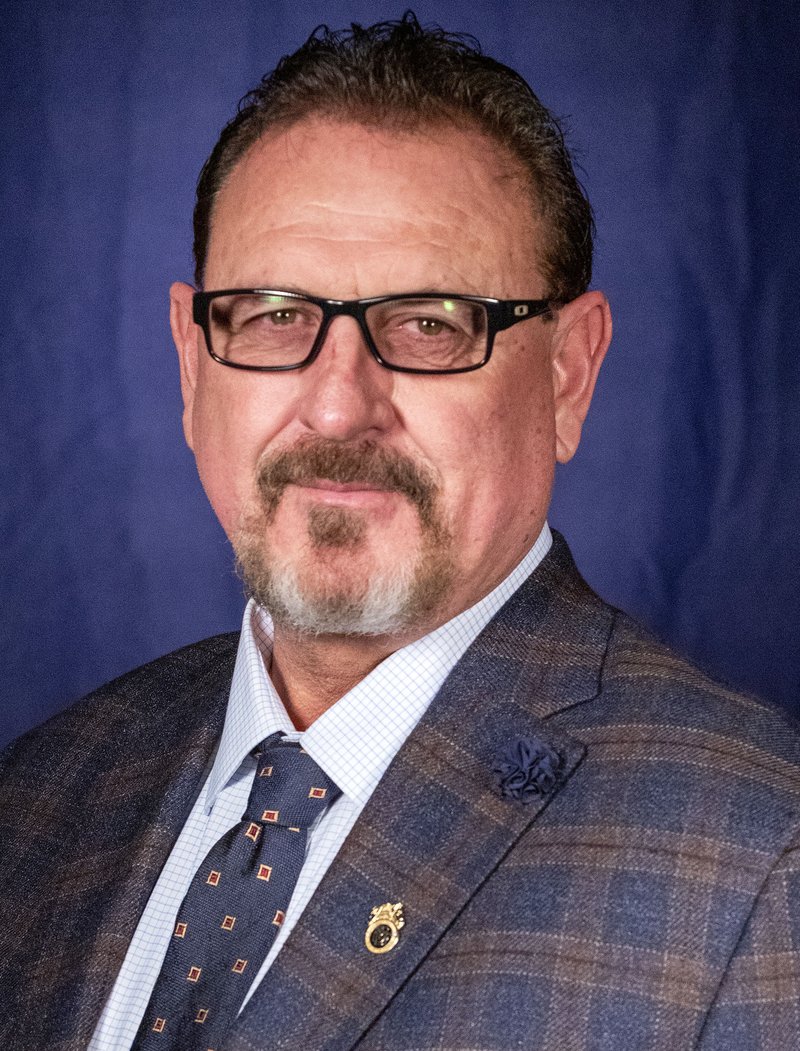 Eddie Hall
Eddie Hall Statement is from Brotherhood of Locomotive Engineers and Trainmen (BLET) National President Eddie Hall
The following statement is from Brotherhood of Locomotive Engineers and Trainmen (BLET) National President Eddie Hall in response to the preliminary report released Thursday, February 23, 2023, on the East Palestine, Ohio derailment:
The Brotherhood of Locomotive Engineers and Trainmen has been assisting the National Transportation Safety Board in its investigation of the recent derailment in East Palestine, Ohio. That work will continue.
Our agreement with the NTSB limits some of what we can say today, I don’t want to speculate on the causes of the derailment in East Palestine, but I do want to emphasize a couple of items that were not raised in the preliminary report or discussed in today’s press conference.
First, we were very fortunate this time that there were three crew members on this train. They were able to respond to the emergency, uncouple the locomotives from the train cars, and take other action. If this had been a train operated by one crew member it may have taken longer to react to the fire caused by the failure of the bearings, axles, and other mechanical items. It’s not unusual for things to go wrong on trains and sometimes many things. This is why it is important to have experienced engineers and conductors onboard. But, despite running ever longer trains that routinely carry hazardous materials, railroad CEOs have pushed for having only one person on the train and to even use remotely-operated trains. This is a serious mistake.
Second, the railroads and their trade association, the Association of American Railroads (AAR), employ armies of lobbyists on Capitol Hill who are there not to promote safety regulations but to slow the implementation of federal safety regulations or attempt to eliminate them altogether. Over the past two decades, they have spent nearly a half billion dollars lobbying Congress.
In the absence of federal requirements, it’s important to note that the railroads will continue to self-regulate. Norfolk Southern Railway freight train 32N that derailed in East Palestine was nearly two miles in length. On western railroads such as Union Pacific, where I was working as a locomotive engineer as recently as last year, trains are often three miles long. The railroads have opposed any government regulation on train length; they have sought waivers to eliminate having trained inspectors monitor rail cars; and they have pushed back on the Train Crew Staffing Rule.
Already, the AAR and the railroads are pushing back against attempts to learn from this derailment. They are hiding behind the NTSB process and suggesting that we should wait for the final report, which is probably a year away from being issued.
There’s growing public awareness of irresponsible behavior by the railroads. Now is the time to toughen regulations on America’s railroads to keep both railroad workers and the communities our members operate through safe.









